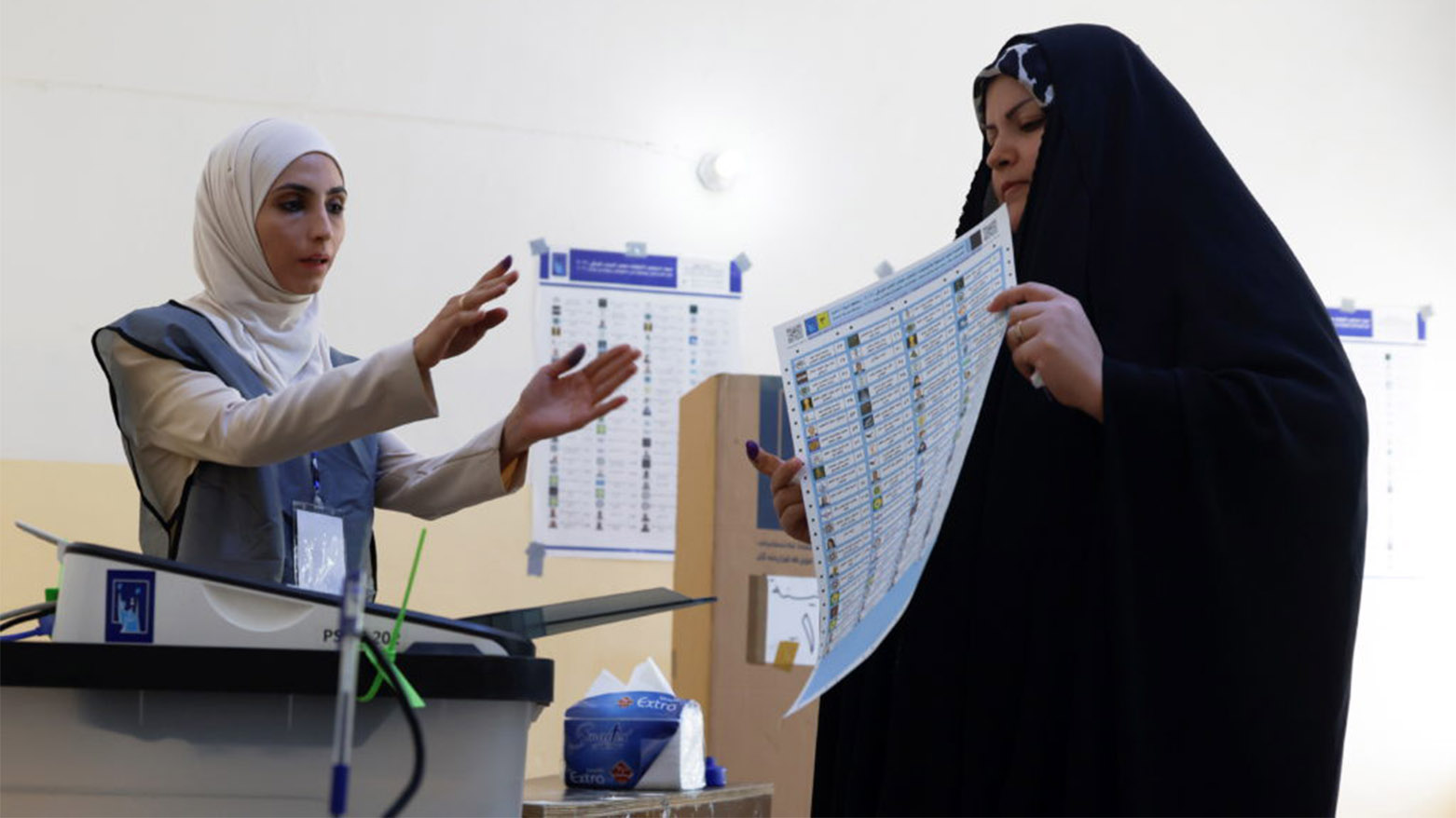IHEC Launches Registration for 2025 Polls, Sparks Criticism
IHEC spokesperson added a note of caution specifically for independent candidates: “Independent candidates should be cautious: if they are affiliated with a party but register as independents or submit their names in more than one place, they will face legal issues.”

By Kamaran Aziz
ERBIL (Kurdistan24) – As Iraq moves toward its sixth parliamentary elections scheduled for November 11, 2025, the Independent High Electoral Commission (IHEC) has opened the door for candidate registration, allowing political parties and individual candidates to begin the formal process of entering the race. However, concerns are growing over the delayed timeline for candidate approvals, which many fear could negatively impact campaigns and electoral fairness.
The registration period began three days ago, with IHEC offices across Iraqi provinces receiving inquiries and submissions from aspiring candidates. According to current regulations, candidates must meet several requirements: they must not be affiliated with security institutions, must not hold employment or a commissioner role within IHEC, must have no criminal record, and must possess at least a high school diploma. Furthermore, candidates must be no younger than 30 years old. Additional stipulations apply to independents.
Speaking to Kurdistan24, IHEC spokesperson Jumana al-Ghalai confirmed the commencement of candidacy registration: “The candidacy door is now open. At this initial stage, candidates and parties are mainly inquiring about the details and conditions.” She added a note of caution specifically for independents: “Independent candidates should be cautious: if they are affiliated with a party but register as independents or submit their names in more than one place, they will face legal issues.”
Despite the procedural progress, the commission’s handling of candidate approval timelines has drawn renewed criticism. An electoral expert told Kurdistan24, “The commission is repeating past mistakes. For example, it is now accepting candidate lists, but names will not be officially approved until 30 days before the elections. This causes financial damage to candidates, as they begin preparations and campaign activities immediately upon deciding to participate.”
Duraid Tawfiq, an electoral affairs expert, also raised concerns about the implications of delayed approvals: “There are numerous observations, but Article 30 of the guidelines states that the elections will be held on November 11, 2025, and candidate names will be approved on October 11. This creates major challenges for candidates.”
Tawfiq elaborated on the three key phases of the candidacy process: “First, the decision to run and preparation of financial resources; second, informing close circles to gain support and votes; and third, launching the formal campaign. If, after all that, the commission announces that the candidate’s name has not been approved, it causes serious problems for both the candidate and their party.”
As the electoral machinery begins to turn, IHEC is under pressure to streamline procedures and ensure transparency and predictability in candidate approvals. Political observers stress that avoiding past administrative lapses will be critical to upholding the credibility and integrity of the 2025 elections.
